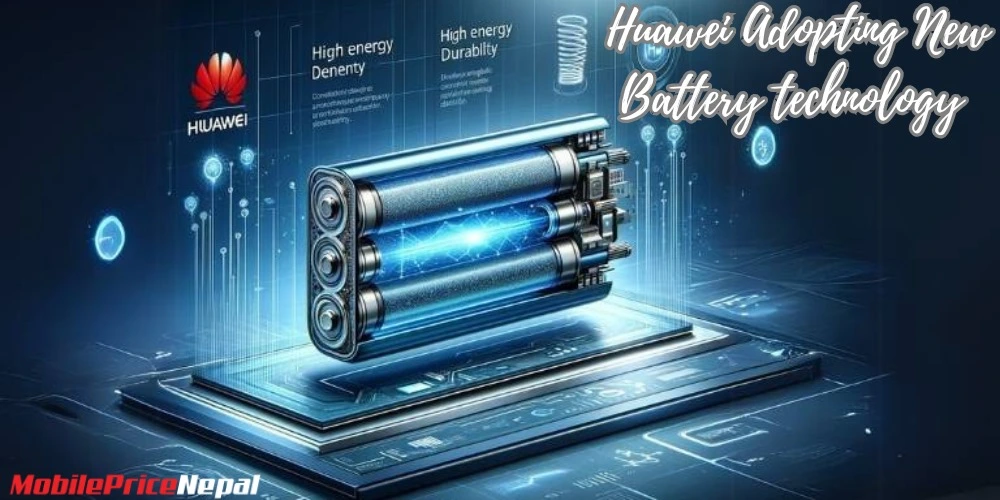Huawei Adopted New Battery Technology

With rising demand for battery-powered devices and batteries by extension to tackle the ongoing climate crisis, it revealed the shortcomings of the current battery technology i.e. Lithium-ion. As such, tech companies are racing towards the next breakthrough in energy storage which appears to be solid-state battery. Chinese tech behemoth Huawei has also come forth in this race and patented its take on solid-state batteries with a sulphide-based electrolyte.
What is a Solid-State Battery?
Solid-state batteries may represent a new generation in energy storage. While classic lithium-ion batteries contain liquid or gel electrolytes, solid-state batteries only use solid electrolytes, hosting a host of other advantages. The key advantages will include much higher safety because there are no flammable liquids, higher energy density for better range and shorter charging times, longevity, and stability in extreme temperatures. While challenges of manufacturing complexity, interface problems, and material limitations remain, there is substantial advancement in advanced solid-state electrolyte material development, refining manufacturing techniques, and functional prototype development.
These range from electric vehicle and consumer electronics applications to renewable energy storage and medical devices. With the pace at which research and development are gaining, solid-state batteries are just at the right target to break barriers in the current challenges into one of the transformative technologies for the future of energy storage and powering a sustainable future.
What did Huawei do?
Being one of the most innovative companies in the world, Huawei is still forging ahead to improve battery technology by coming up with an innovative solution: the solid-state battery. The use of sulfide material-based technology marks a quantum leap in energy storage.
Whereas the former conventionally uses liquid or gel electrolytes, solid-state batteries use solid electrolytes. This single basic difference opens up a whole vista of advantages: inherently safer, as solid-state batteries avoid the risk of leaks and fires associated with liquid electrolytes. Besides that, they have higher energy density, which enables more compact and powerful batteries that can store more energy in space.
Huawei Solid-State Battery Tech
We all know of hard Huawei was hammered with the US trade ban. Regardless, the company persists in innovating in various forms. Developing and patenting a solid-state battery could be a crucial move for Huawei considering this tech has the potential to dominate as the energy source of tomorrow.
Other companies are innovating in the field of batteries in other ways, too. For instance, Huawei’s ex-subsidiary Honor is one of the pioneers in using silicon carbon for battery anodes, significantly increasing its yield. Now, it has grown to become the industry standard, with more and more companies opting for similar kinds of batteries.
